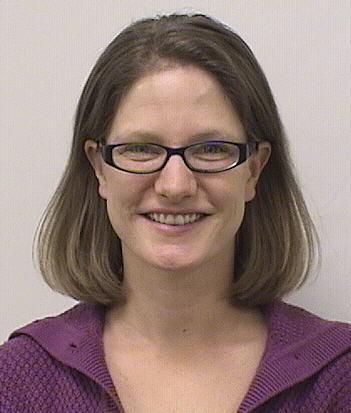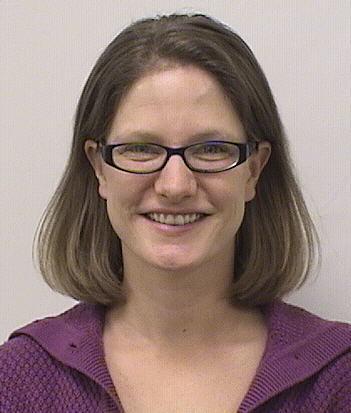
Credit: The Dartmouth Institute
Lebanon, NH (Nov. 10, 2016) — Health care leaders and policy makers agree that in order improve health outcomes and lower costs, we have to address patients' nonmedical needs. Estimates suggest that 40-90% of health outcomes are attributable to social, behavioral, and economic factors, such as homelessness or food insecurity. For example, a study of chronically homeless adults with severe alcohol problems showed that stable housing reduced medical costs by 53%. At the same time, a new array of policy initiatives and payment reform models, such as accountable care organizations (ACOs), bundled payment and managed care are creating financial incentives for providers to improve outcomes and lower costs. In a first-of-its-kind study, researchers from The Dartmouth Institute for Health Policy and Clinical Practice and the School of Public Health at UC Berkeley investigated whether such value-based payment models have spurred providers to address patients' nonmedical needs.
"There's increasing evidence that shows the positive effects on health care outcomes when patients' nonmedical needs are addressed," said lead author and Dartmouth Institute Research Scientist Taressa Fraze, PhD. "But up until now, we haven't known if, and to what extent, health care organizations operating under new payment models are addressing them."
In the study, recently published in Health Affairs, the researchers conducted telephone interviews with leaders at 32 ACOs in 2013 and 2014. Interviews covered topics such as the ACOs' overall structure, motivations, initiatives and capabilities, implementation challenges and strategies, and future plans. The researchers then selected three ACOs –based on their "advanced clinical transformation, composition diversity, structure, patients served and geographic region" — for further study, which included comprehensive site visits. For the purpose of the study, the researchers defined nonmedical needs as "any patient needs that were not clinical in nature but had the potential to affect health." They defined ACOs as "voluntary groups of providers that collectively are contractually responsible for the total cost and quality of care for a defined patient population."
Among their findings:
- 16 of the 32 ACOs studied addressed patients' nonmedical needs
- Nonmedical needs most commonly addressed were related to housing stability, transportation and food insecurity Example: Some ACOs used existing ER navigators to identify patients who needed housing support at the time of discharge.
- Based on their findings, researchers developed a typology of ACO integration of medical and nonmedical services that classified them by degree of organizational and service integration.
- Organizations that addressed nonmedical needs displayed three types of integration: 1.) fully integrated, marked by meaningful organization and service integration across nonmedical and medical care 2.) coordinated, in which services are integrated but organizations are not. 3. segmented where services were not integrated, but organizations were integrated (see table below)
- Most ACOs, regardless of whether or not they addressed medical needs, fell into the non-coordinated category, in which neither services nor organizations were significantly integrated. Most ACOs that addressed medical needs were moving toward the coordinated category, in which services but not organizations are integrated. Only a few ACOs were moving toward the fully integrated category, in which both organizational activities and services are highly integrated.
- ACOs struggle with program scalability, with leaders describing instances in which they observed a general need but were only able to provide individual solutions.
- Barriers to developing formal programs to meet patient needs include lack of financial or staffing resources, lack of expertise, and competing clinical priorities.
- ACOs with formalized programs to meet patients' nonmedical needs still struggle with implementation barriers and often lacked resources to implement programs broadly.
Example: A nutrition assistance program is developed for those with a specific medical condition. Many other populations could benefit from the program, but the ACO lacked the resources to implement the program broadly.
According to the researchers, their study offered insights into and implications for policy initiatives such as Accountable Health Communities, the Centers for Medicare and Medicaid Services $157 million initiative to implement and evaluate approaches to addressing patients' nonmedical needs.
"The intersection between patients' medical outcomes and social service programs is complex, but it's very important we study it further to determine which activities are effective at addressing patients' needs while reducing costs and improving the quality of care," Fraze said.
###
Media Contact
Paige Stein
[email protected]
954-667-2935
@DartmouthInst
http://www.tdi.dartmouth.edu




